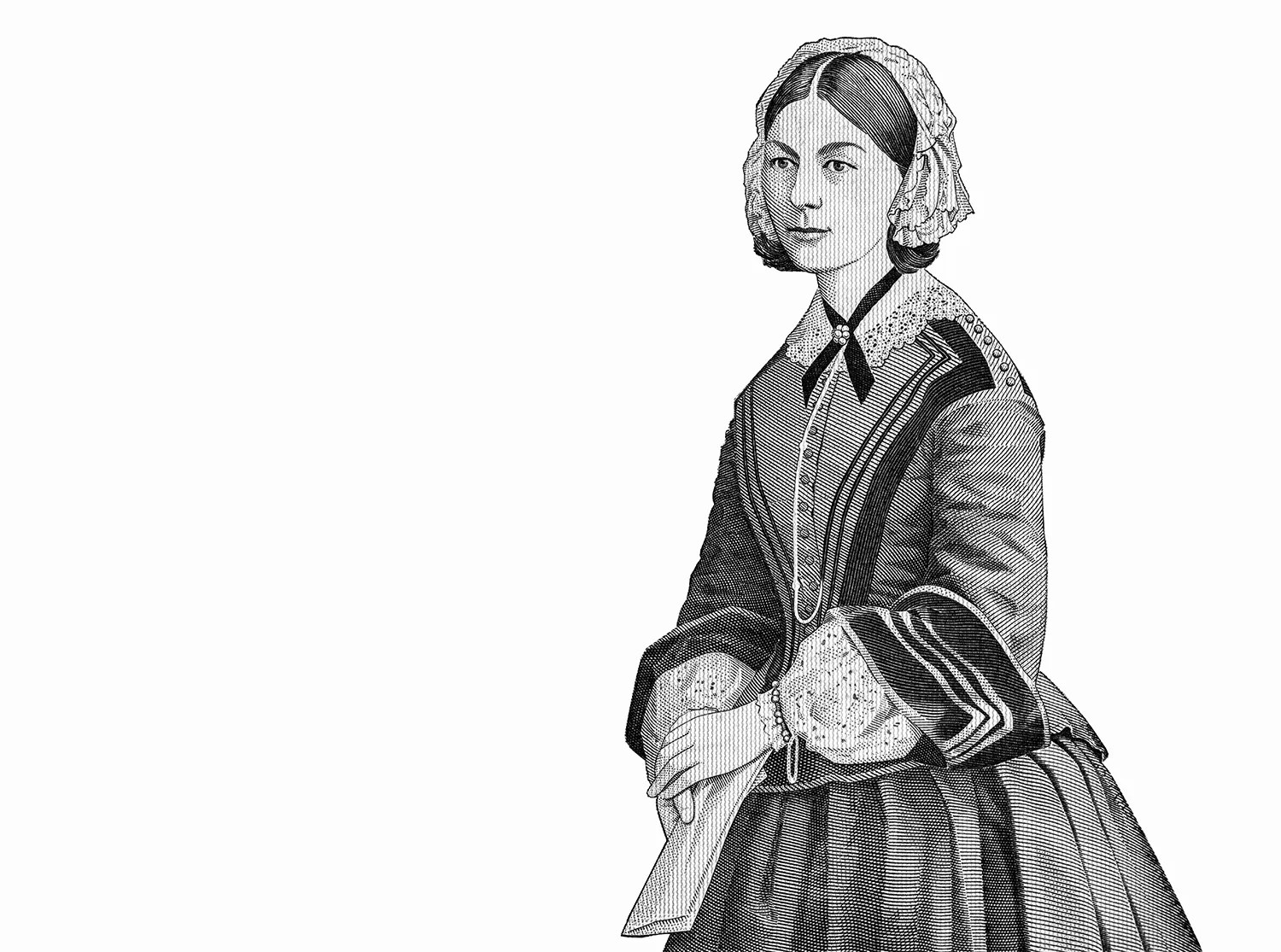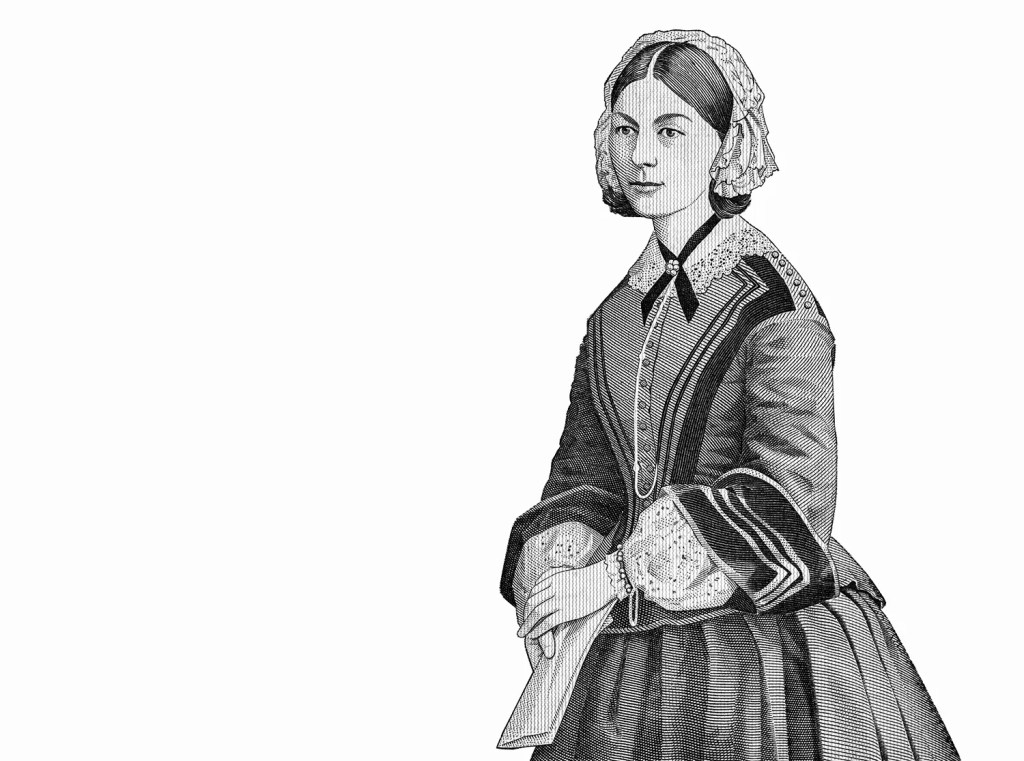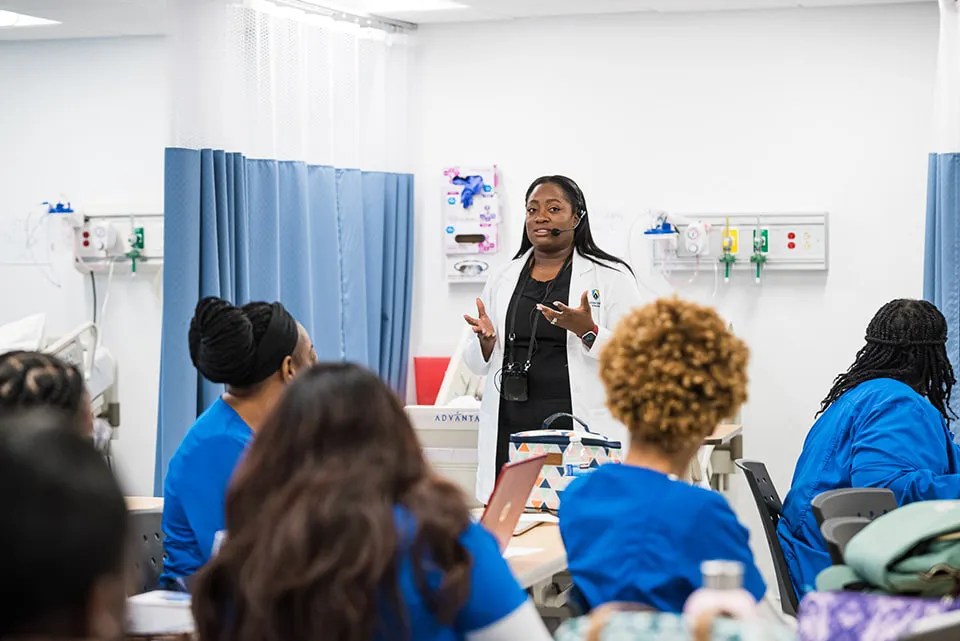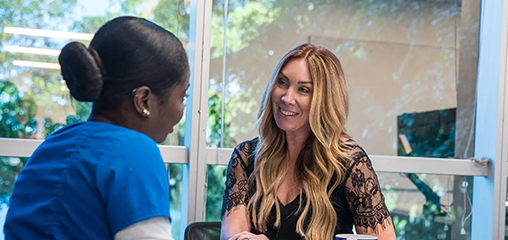
Florence Nightingale, a British nurse, notably known for her incredible impact on the nursing profession, is remembered and celebrated for her great achievements year-round. Although Nightingale has done so much throughout her life, many people do not know that much about her. Here are ten things you should know about Florence Nightingale.

1. Her family did not want her to be a nurse
When Florence was 16, she knew that nursing was her true calling. Her parents, however, were against it. It was expected that someone of Nightingale’s social stature would marry and raise a family, not take up a profession. Going against the wishes of her family, she refused to get married at the age of 17 and continued her nursing education at the Lutheran Hospital of Pastor Fliedner in Germany.
2. Florence had a natural skill for analyzing data
Analyzing, classifying, and documenting data was a skill that naturally came to Florence. She was able to look at data, draw conclusions, and create a picture of the results in her mind. She also created the first pie charts called coxcombs while working with Dr. William Farr. Nightingale eventually became the first female of the Royal Statistical Society due to her pioneering work.
3. She loved to write
Nightingale had a passion for writing, as she wrote more than 150 books and pamphlets. She published medical books, including ‘Notes on Hospital’ (1859) and ‘Notes on Nursing’ (1859), which laid the foundations for modern nursing practice. Florence also wrote books about religion and mysticism, and much of her writing was influenced by her feminist identity.
4. She had a significant role during the Crimean War
Florence worked as a nurse during the Crimean War helping wounded soldiers. At first, the army doctors did not want her or the other nurses to help, even though they had been swamped. They saw Nightingale’s opinions as attacks on their professionalism. It wasn’t until the doctorsdoctor’s became overwhelmed by bodies when they asked for assistance. Florence and the other nurses were able to improve medical and sanitary arrangements, set up food kitchens, wash linens and clothes, wrote write home on behalf of the soldiers, and introduce introduced reading rooms.
5. Lady with the Lamp
During her work in the Crimean War, Florence would nurse soldiers at night. She would carry a lamp with her during her rounds which would lead to her nickname “Lady with the Lamp.” She grew to be a person of fame as people were captivated by the lady who walked around with the lamp.
6. Founder of modern nursing
Nightingale is referred to as the founder of modern nursing. She proposed ways of improving sanitation, which is a foundation of modern medicine. During the war, Florence wrote to Lord Raglan, the British commander in the Crimea, about the shortcomings in the medical arrangements for the sick and wounded and the shortage of trained medical orderlies in the wards. She stressed that many lives may depend depended on whether the issues were addressed or not. This effort made a huge impact and Florence went on to make sure things were sanitized in hospitals around England. This enabled more women to join the nursing profession with Nightingale advocating for education to elevate the nursing profession.
7. She spoke many languages
Florence was fluent in many languages. Some of them included English, German, French, and Italian. She also had the basic knowledge and understanding of Greek and Latin.
8. She loved to travel
Traveling was a passion for Florence. On her trips, she loved to gain insight and knowledge about medicine. Medical tourism was invented because of her. Florence always encouraged her patients to travel to other countries where the medical costs were much cheaper and the medicines, standard of living, and nutrition were available at a cheaper cost.
9. A training school for nurses was established in her honor
In 1860, Nightingale founded the world’s first nursing school, at St. Thomas Hospital in London. Within the hospital, the Nightingale Training School for Nurses was established. Florence trained many nurses who were sent to hospitals around Britain to share Nightingale’s expertise.
10. Florence is still being honored to this day
The achievements of Florence ‘s life are still being honored today with celebrations, awards, and more. Nightingale ‘s birthday is recognized as International Nurses Day every year on May 12th. This day is used to celebrate the contributions nurses make to society. The 200th birthday of Florence was celebrated on May 12th, 2020.
The International Committee of the Red Cross has also established the Florence Nightingale Medal. Exceptional nurses are awarded the medal every two years.
There is also the Florence Nightingale Museum located at St. Thomas Hospital in London. The museum is to commemorate the life and career of Florence and holds over 2,000 artifacts.
We continue to honor the legacy of Florence Nightingale every day. Before her impact, nursing was not considered a respectable profession. To this day, Nightingale has been remembered as the pioneer of modern medicine nursing. Every day, she continues to inspire future nurses.
Start Your Future in Nursing Today

If you’re considering a career as a registered nurse (RN), Arizona College of Nursing is here to help you pursue your dream. Our BSN program enables you to earn a Bachelor of Science in Nursing in just 3 years or less with qualifying transfer credits. We’ve helped hundreds of students to earn a BSN degree and enter the nursing profession – and we’re ready to support you on your path to becoming an RN.
Why Choose Arizona College of Nursing?
- Earn a BSN degree in 3 years or less with eligible transfer credits
- Campus locations throughout the US
- Night classes for general education courses
- Hybrid Online/In-Person format for general education classes
- Nursing education is all we do
- CCNE-Accredited Program*
- NCLEX-RN success coaches and exam preparation class
- Financial aid available to those who qualify
Discover Your Path to a Career in Nursing
Sources
Information in this post is accurate as of June 18, 2020.
*The Bachelor of Science in Nursing (BSN) degree program at Arizona College of Nursing is accredited by the Commission on Collegiate Nursing Education (https://www.aacnnursing.org/). All Arizona College of Nursing and Arizona College campuses are institutionally accredited by the Accrediting Bureau of Health Education Schools (https://www.abhes.org/), a U.S. Department of Education-recognized accrediting agency.








